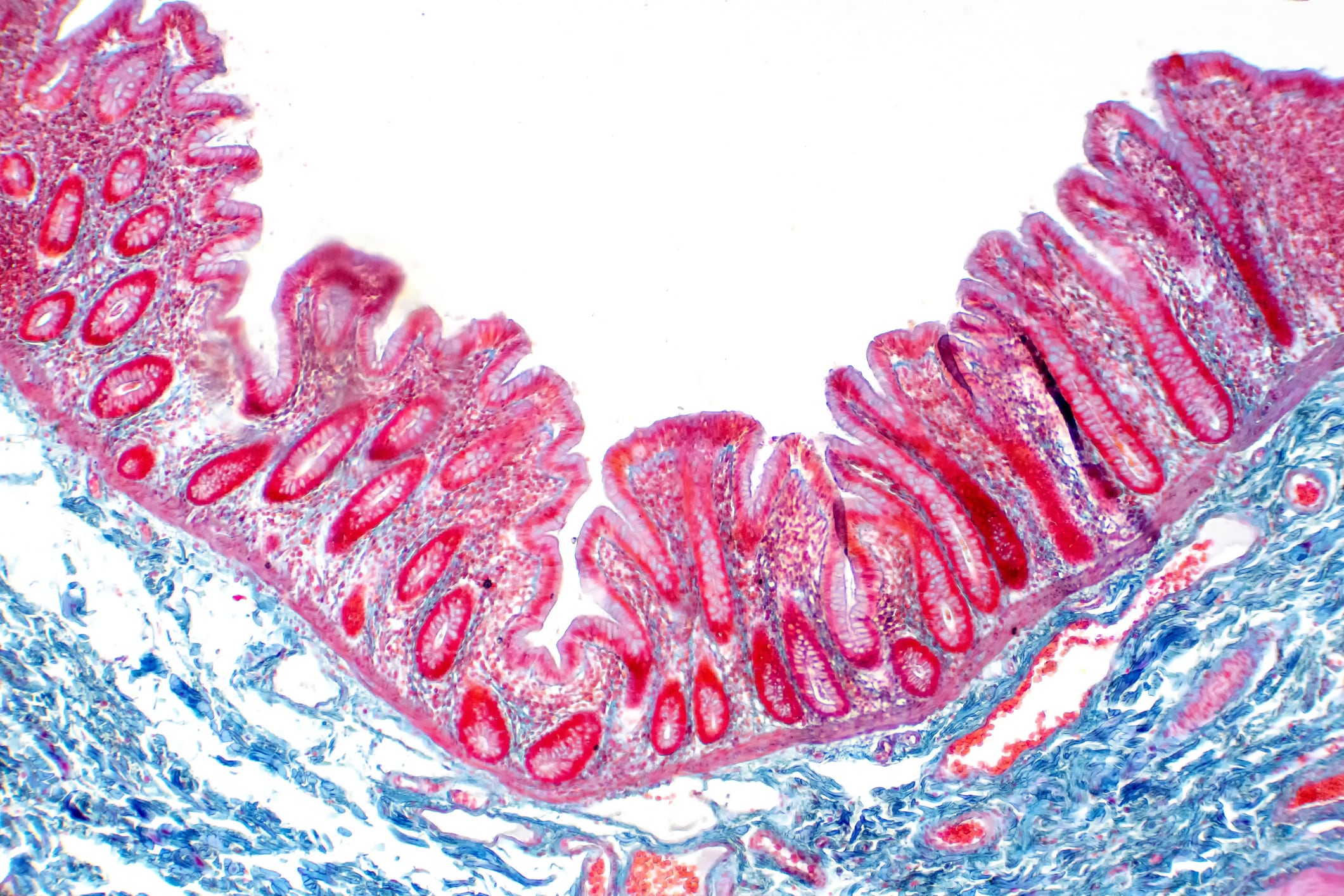“For a long time, I thought that by modulating the gut microbiota we could modify certain aspects of the human health on a population level,” she said. “But a few years ago, I realized that I was wrong.”
This realization has driven Dr. Vulevic and her team at veMico—a UK-based biotechnology company—to enter a new realm of microbiome research to develop host-centered products that interact with the human rather than the gut microbiota.
She says the key to this is postbiotics, derived from specific bacterial strains that can bypass the endless variabilities within the human gut microbiome, increasing the possibility of an effect.
Starting a new venture
Dr. Vulevic’s career in microbiology started in the 1990s while studying for a PhD in gut microbiology at Reading University. Working closely with Professor Glenn Gibson, the father of the prebiotic concept, she studied the impact of a high-fat diet on the gut microbiota and how certain carcinogens are related to colorectal carcinogenesis.
After completing her doctorate, Dr. Vulevic worked as a researcher for 12 years, authoring more than 50 clinical studies and overseeing 14 PhD students. Eventually, she transitioned into the industry where she worked for Clasado Biosciences as the head of research and development. Here, she helped to develop Bimuno, one of the most researched prebiotics in the world.
“When I was at the height of my career, I decided to give it all up,” she said. “I realized that the gut microbiota is not the key to health—it’s the gut barrier.”
Working with her colleague Dr. George Tzortzis, a biotechnology expert with 25 years of experience in the field, Dr. Vulevic founded veMico.
“We believed we could come up with something new—a range of postbiotics that can interact with the host, strengthening the gut barrier not just at an individual level but at a population level,” she said.
The problem with probiotics
While probiotics containing the most researched strains in the world can be effective at an individual level, many on the market are missing the mark, according to Dr. Vulevic.
“Firstly, many do not disclose which strain they are using, and secondly, many fail to reach the large intestine alive,” she said. “If they do arrive, they arrive in small numbers. In just one gram of colon content, we have up to 100 trillion bacteria. The entire GI tract carries around two kilos, so any newcomers face intense competition.”
While prebiotics are arguably a ‘better concept’, she says, they rely on the host to be healthy, with ‘good’ bacteria already present within the gut.
“You need to have a healthy, balanced lifestyle and diet, because if you don’t, the prebiotics will be feeding the wrong bacteria,” she explained. “The advantage of postbiotics compared to probiotics is that they don’t need to survive—they are already dead. So, they will arrive in the intestine, and they do not rely on the presence of beneficial bacteria—they will be active regardless of your gut microbiota.”
However, while postbiotics are often described as inactivated bacteria or their components, the majority on the market are poorly defined, so its unclear what they contain or how they work. This lack of characterization makes it difficult to attribute specific benefits or to pursue authorized health claims.
At veMico, Dr. Vulevic and Dr. Tzortzis take a different approach. They are predominantly looking at molecules produced by Bifidobacteria and Lactobacilli, which are known to interact with and stimulate the immune system.
By isolating and modifying the molecules bacteria use to communicate with each other and with the host, they are able to create precisely defined postbiotics that support gut barrier integrity and immune responses in a consistent and measurable way.
“Around 70% of our immune system is within our gut,” Dr. Vulevic said. “Our immune cells are like the locks on the door, and these molecules are the keys. The ridges on the key are the chemical structure of these molecules. By extracting and modifying these molecules, we can modify their structures and produce compounds which could, for example, suppress or enhance immune system responses.”
Strengthening the gut barrier
But how do these molecules interact with the host? And how do they bypass the unique and diverse system that is our gut microbiome?
“The receptors in the gut lining are highly conserved; their structures haven’t changed since before the apes. All animals have them, even tiny insects. While there may be some genetic variability between individuals, their fundamental role and structure remain largely consistent,” she explained.
“So, we have come up with a solution that interacts with these receptors, bypassing much of the variability seen between people, including differences in genetics, diet, microbiota, and lifestyle, and increasing the possibility of an effect. In a nutshell, while probiotics may only be effective in 10% of the population, a receptor-targeted approach could be effective in as many as 80-90% of the population.”
By blocking some of the receptors that would normally take on the inflammatory signals, veMico’s postbiotics strengthen the gut barrier. Dr. Vulevic says this helps protect the immune system and lowers low-grade inflammation entering the system, allowing the body to respond more effectively to external stressors.
“If we have a strong and fully functioning gut barrier, we are much better equipped to tolerate, respond, and recover from whatever is in our environment,” she said.
Opening new conversations
veMico currently has two products on the market: Y Skin for skin health and Y Gut Sensitive to support digestive health. Dr. Vulevic and Dr. Tzortzis are also working on a product for blood glucose control and another to target stress and sleep through the gut-brain axis.
Beyond new product development and innovation, Dr. Vulevic says she wants to encourage more open conversations among academics and industry leaders about how to take the gut microbiome field forward.
“We need to start looking beyond modulating the gut microbiota and towards how the host responds,” she said. “Gut health needs more than microbial optimism. It needs biological realism.”


